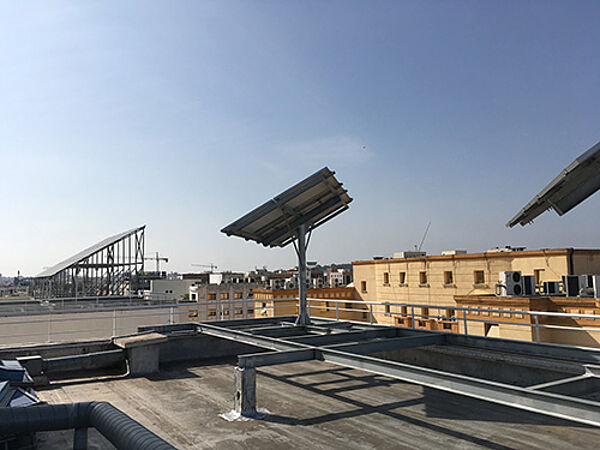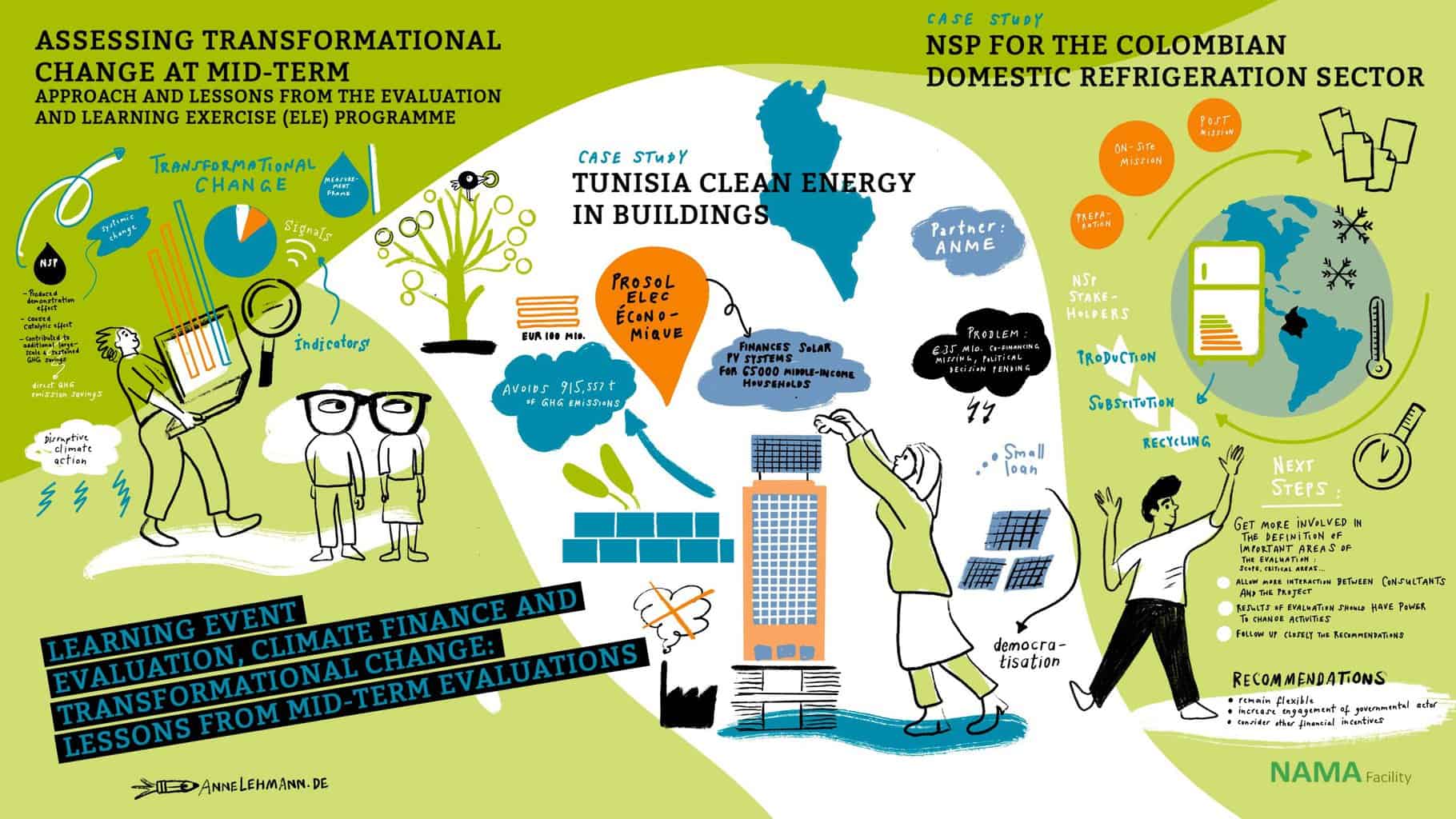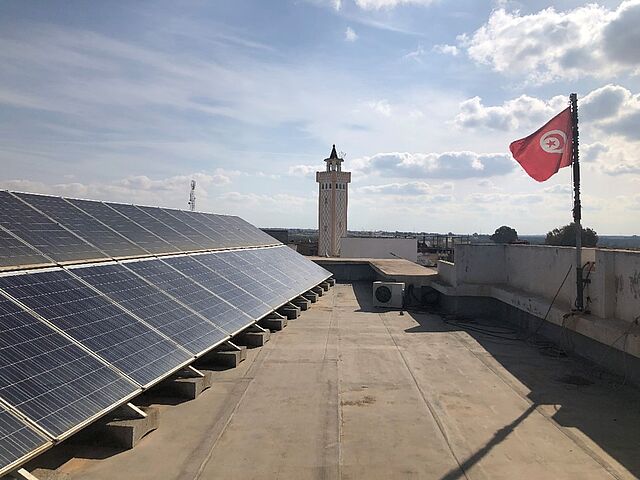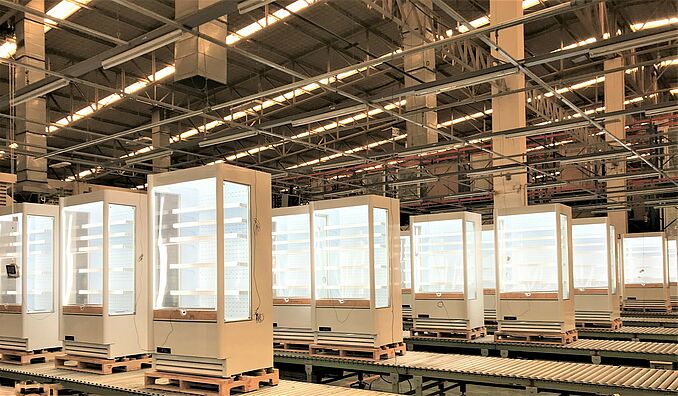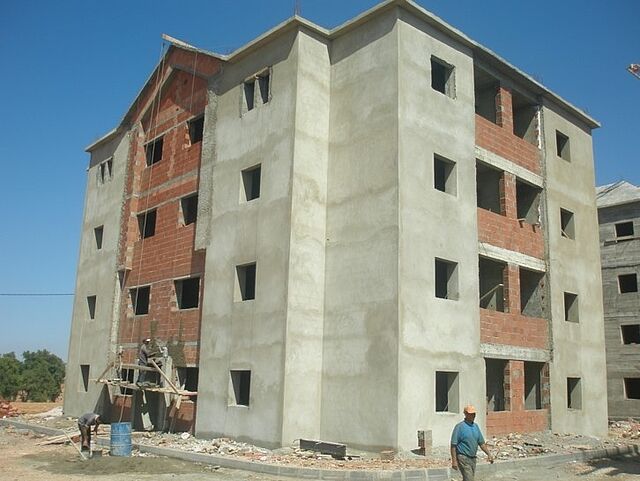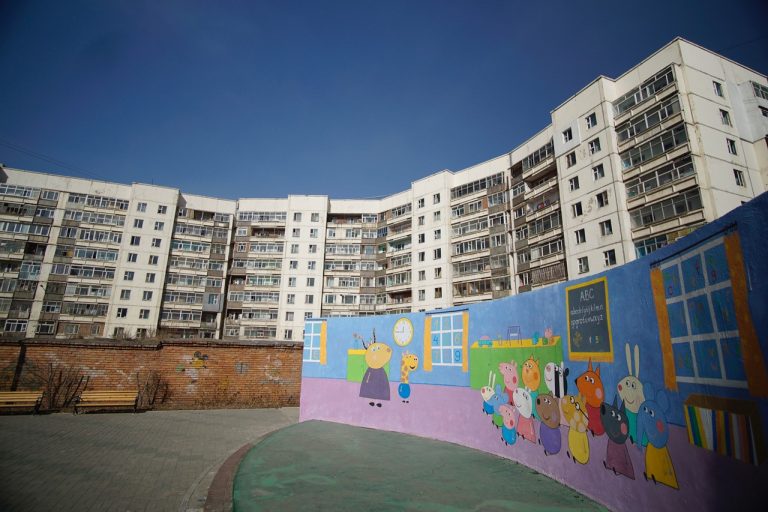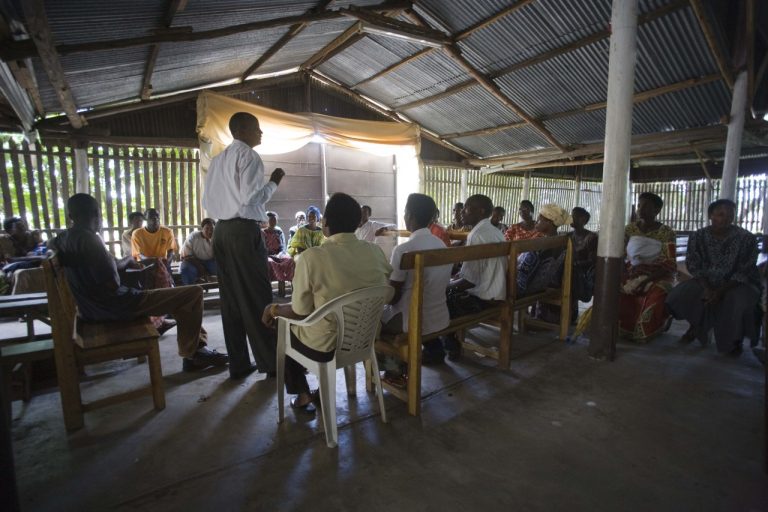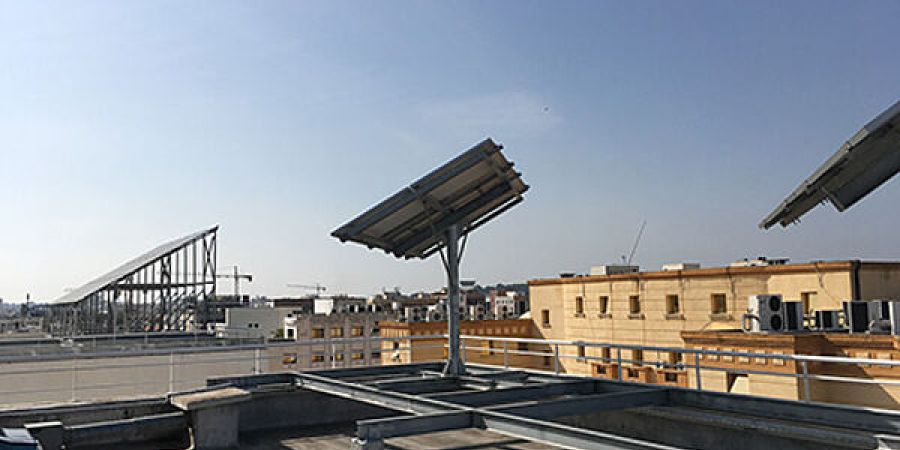
Background: The updated Tunisian Nationally Determined Contribution (NDC) pledges to reduce its carbon intensity by 45% by 2030. Mitigation efforts typically focus on the energy sector, which accounts for 75% of the proposed emissions reductions. The building sector, one of the country’s main polluters, accounts for 27% of its total energy consumption. Population growth and rising living standards are estimated to increase the share to 35% by 2030.
Several independent programmes and regulations are already in place to increase the use of renewable energy and energy efficiency in the sector. Namely, the Tunisian Solar Programme (PROSOL) which aims at promoting the use of solar water heaters and was established in 2005, the PROSOL ELEC programme, which supports installations of photovoltaic (PV) systems in residential buildings since 2010, and PROMO ISOL for thermal insulation of rooftops (not operational yet). However, these programmes are facing financial, technical, and communication-related challenges that prevent them from reaching their full-scale potential.
Approach to Transformational Change: “Tunisia – Scaling up Renewable Energy and Energy Efficiency in the Building Sector” project will help to accelerate the deployment of renewable and energy efficiency measures in the country’s building sector. The project will support the scaling-up of the PROSOL ELEC through the reform of its current financial mechanism to enable participation in the rooftop PV market of mid-income households. The project focuses on enhancing the legal and regulatory framework and strengthening the communication on all three PROSOL programmes to raise awareness of the different actors involved.
The project aims to install 60 MWp of solar PV capacity that would benefit 76 000 households, in addition to socio-economic co-benefits such as reduced household energy expenditure, the creation of skilled jobs and companies in the energy technology area, and reduced fossil fuel subsidies.
The financial mechanism proposed by the project has been designed to ensure the viability of the business model of PV systems for households that are currently ineligible under the PROSOL ELEC. EUR 10 million will be used by the programme to reduce households’ borrowing costs. The project aims toleverage around EUR 39 million from the public sector and EUR 53 million from the private sector.
Mitigation potential: The project will directly reduce 0.91 Mt CO2e during the lifetime of its interventions with a cost efficiency of 16.5 EUR/tCO2e.

